News
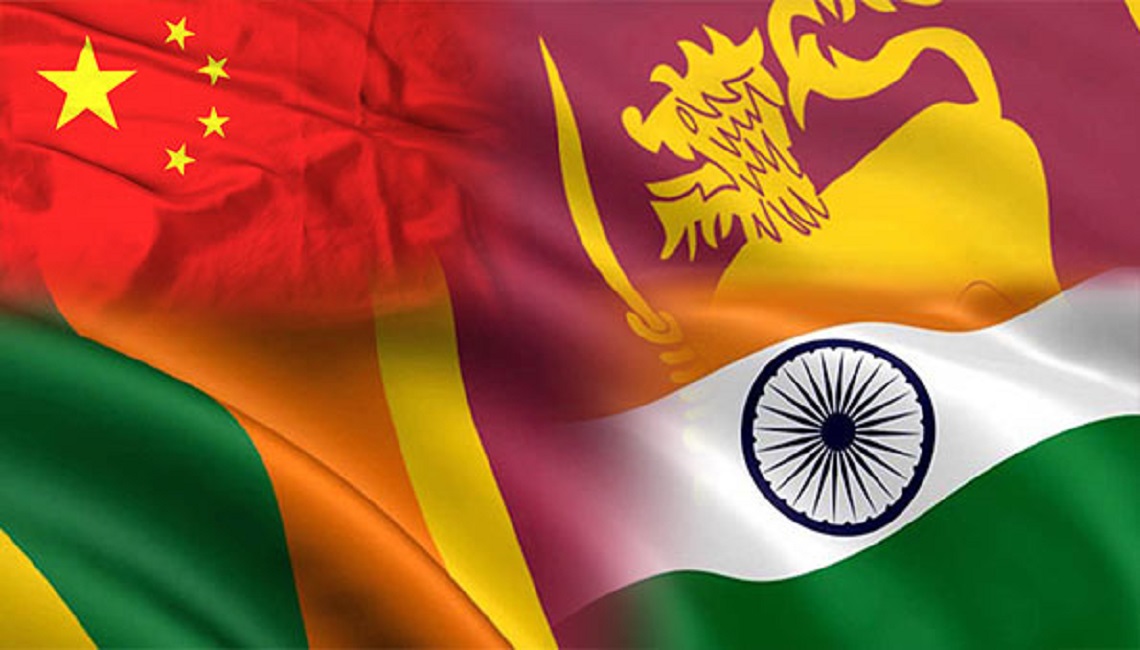
Government sticks to power projects in 3 islands amidst Indian protests
Despite vehement protests the Sri Lankan government is adamant in handing over the three power projects to China on islands in the sea close to the Indian coast.
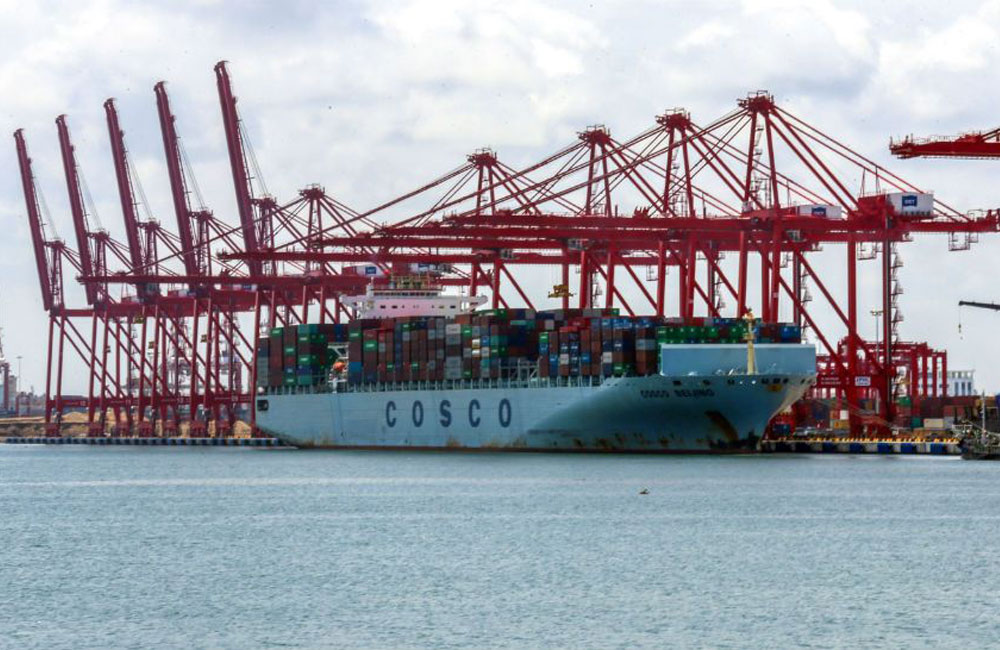
ECT: India insists SL government to stick to its commitment
Indian External Affairs Ministry Spokesperson Anurag Srivastava said that discussions on the matter are still ongoing.
He was responding to a question raised on the East Container Terminal of the Colombo Port.
“India’s interest for participation in the Colombo port is a long standing one since most goods handled there are from and to India. We had, in principle, agreement from the Sri Lankan government in this regard. Current government has, however, expressed a preference in engaging investors directly. I understand discussions are still underway,” Anurag Srivastava said.
Sri Lanka had recently announced that it will not go ahead with the agreement to jointly manage the East Container Terminal (ECT) at the Colombo Port with India and Japan.
The Memorandum of Cooperation among the three governments of Sri Lanka, Japan and India on the development of the ECT located in the Colombo South Port was signed in Colombo on 28 May 2019.
As per the 2018 agreement, India and Japan were to have a 49% stake collectively in the Terminal Operations Company that was to be set up with the exclusive and explicit purpose of providing the equipment and systems necessary for the development of the ECT and managing the ECT for long periods.
Under the agreement, a stake of 51% of the TOC was to belong to the Sri Lankan government under the Sri Lanka Ports Authority (SLPA).
Sri Lanka had later sought to maintain close relations with India despite the issue over the East Container Terminal (ECT) of the Colombo Port.
Cabinet co-spokesman Dr. Ramesh Pathirana said that Sri Lanka respects its close relationship with India.
He said that the government will look to negotiate and reach a settlement with India on the ECT issue.
Sri Lanka is to hold talks with New Delhi on the West Container Terminal of the Colombo Port.
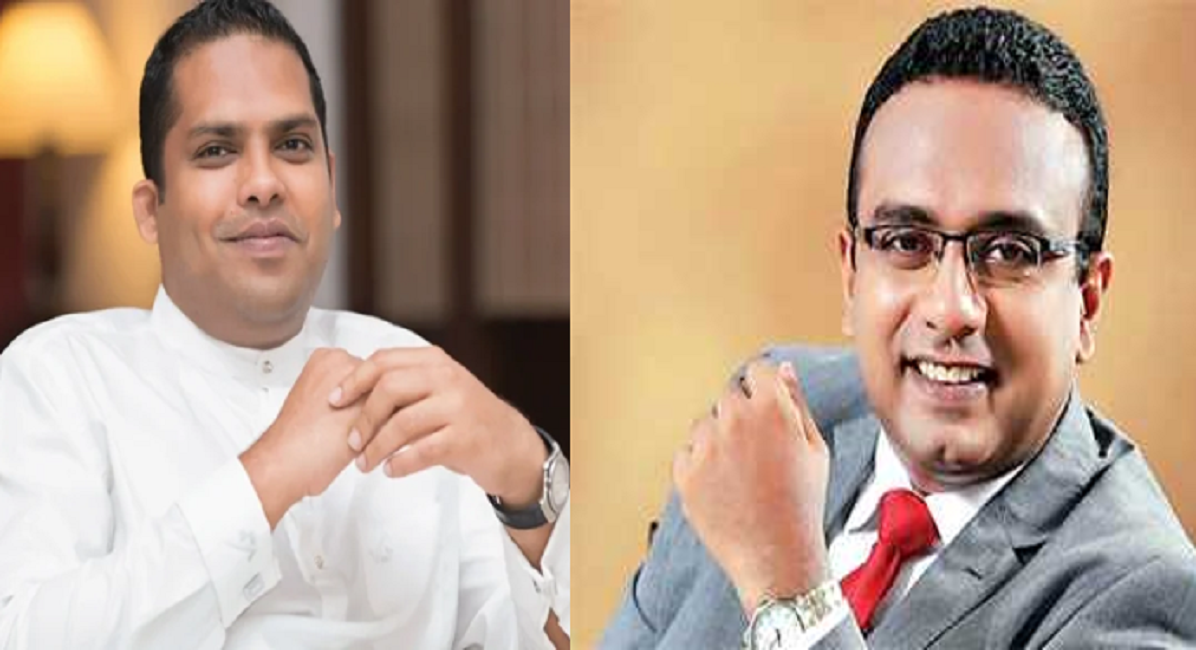
Harin and Manusha refuse Covid vaccines: Prioritise healthcare workers and the public
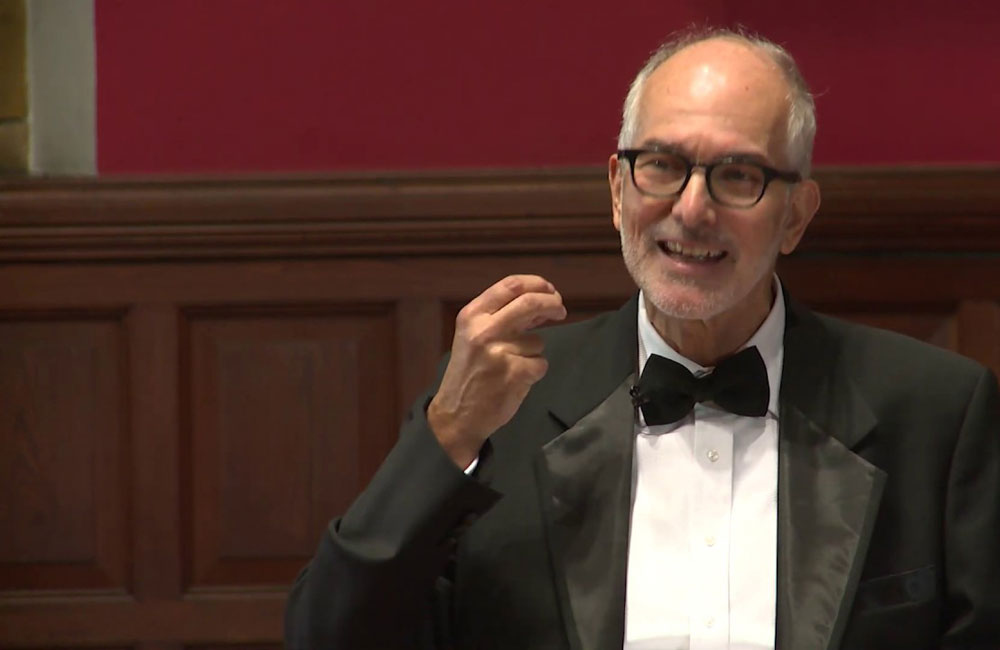
Don't rely on UN for Justice: Former UN official tells Sri Lanka
Impunity in Sri Lanka will appear prominently, with the long-awaited report by High Commissioner for Human Rights Michelle Bachelet, the former president of Chile, being presented in an interactive dialogue on the second day of the session.
In light of the report and other troubling developments, the HRC probably will produce a new resolution on Sri Lanka.
In the wake of these developments, a former United Nations (UN) official has told Sri Lanka not to count on the UN for justice.
Former Assistant Secretary General and former Chair of a UN Panel, Charles Petrie, said that the UN lacks courage to act on the Sri Lanka issue.
Speaking at a webinar organised by the Global Tamil Forum, Center for Human Rights and Global Justice – New York University, Sri Lanka Campaign for Peace and Justice and the Canadian Tamil Congress, Petrie said that the UN cannot say it does not have the system in place to address the issue.
He said that there are UN officials in Colombo and elsewhere who want to do the right thing. However, he asserted that the UN lacks courage and so the Sri Lankan public must not depend on the UN.
He said that if the Sri Lankan public depends on the UN, they may end up being disappointed.
Instead, he said if the Sri Lankan public could count on their own resilience and the UN performs, it would be an unexpected win.
Petrie headed a panel appointed by then UN Secretary General Ban Ki-moon to conduct a comprehensive review of action by the UN of the civil war in Sri Lanka.
The panel had found that the United Nations system failed to meet its responsibilities — highlighting, in particular, the roles played by the Secretariat, the agencies and programmes of the UN Country Team, and the members of the Security Council and Human Rights Council.

PUCSL approves 300 MW LNG project
The power purchase agreement will be signed by the Ceylon Electricity Board (CEB) and Lakdhanavi (Pvt) Ltd.
“The power purchase agreement of 300 MW Kerawalapitiya LNG approved by the PUCSL will be implemented with conditions more favourable to the electricity consumer, the CEB and the government. The PUCSL recommended the inclusion of 18 amendments which were not included in the previous power purchase agreement submitted for approval, and the CEB and Lakdanavi have agreed to include those favourable terms," Janaka Ratnayake, the Chairman of PUCSL said.
"Accordingly, the agreement approved by the PUCSL is more favourable to the consumers, the Government and the Ceylon Electricity Board," he said, adding that the CEB will purchase electricity for 20 years under this agreement,” he said.
The unit price of electricity supplied by this power plant is LKR 14.98. Both diesel and LNG fuels can be used to generate electricity, and the initial phase of generation will continue to use diesel fuel until LNG or natural gas supply begins.
The CEB sought the approval of the PUCSL for the tendering of this LNG power plant on November 15, 2016, and the PUCSL approved the process within two days.
The CEB is responsible for selecting the most suitable party to build this power plant through a tendering process and it has taken about 4 years to complete the tender process for this power plant.
Following the completion of the tender process and the selection of the eligible party, the relevant purchase agreement was submitted for the approval of the PUCSL on October 9, 2020, by CEB.
However, it was revealed that there were discrepancies between the new agreement submitted by the CEB and the original agreement approved by the PUCSL.
In particular, the 18 amendments contained in the original agreement were not included in the final agreement submitted for approval.
The PUCSL recommended to the CEB to re-include these conditions in the agreement as the removal of these conditions will be detrimental to the consumer, the government and the CEB.
Subject to those amendments, conditional approval for the final agreement was granted on November 25, 2020.
Following the recommendations of the PUCSL, the CEB amended the final agreement and submitted the final agreement for the purchase of electricity on December 1, 2020, for approval.
However, by the time of the submission of the final agreement, the then members of the Commission had resigned from their posts.
The new members were appointed to the Commission in the first week of February 2021 and at the first meeting of the new board, final approval was given for the 300 MW LNG power plant agreement.
“The PUCSL expects the CEB will take actions to expedite the construction of this 300 MW LNG power plant to cater to the country’s electricity demand,” Ratnayake added
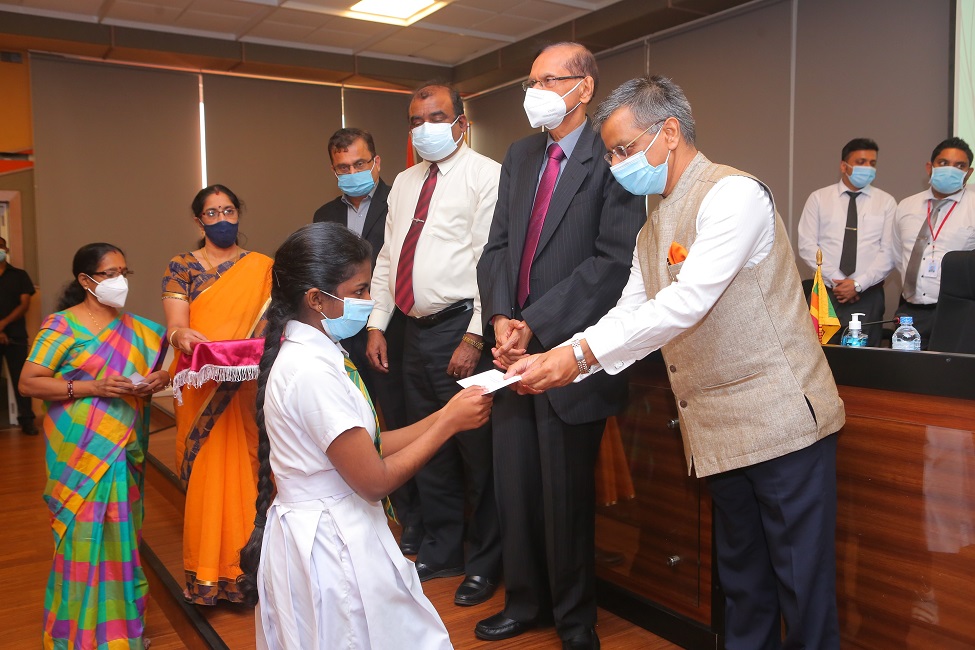
Mahatma Gandhi Scholarships awarded to 150 students across Sri Lanka
The prestigious Mahatma Gandhi Scholarships were awarded to 150 Advanced Level school students from all 25 districts across Sri Lanka, the Indian High Commission said.
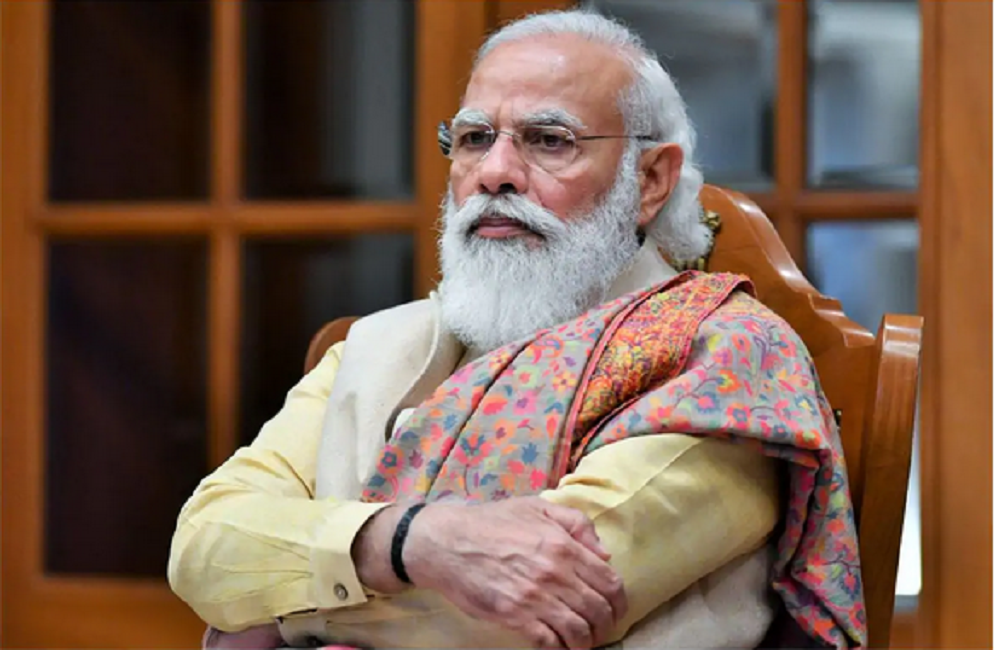
PM Modi assures equality and justice for Tamils in Sri Lanka
Prime Minister of India Narendra Modi on Sunday said his government has always taken care of the welfare of Sri Lankan Tamils and ‘‘consistently’’ flagged the issue of their rights with the leaders in the island nation.
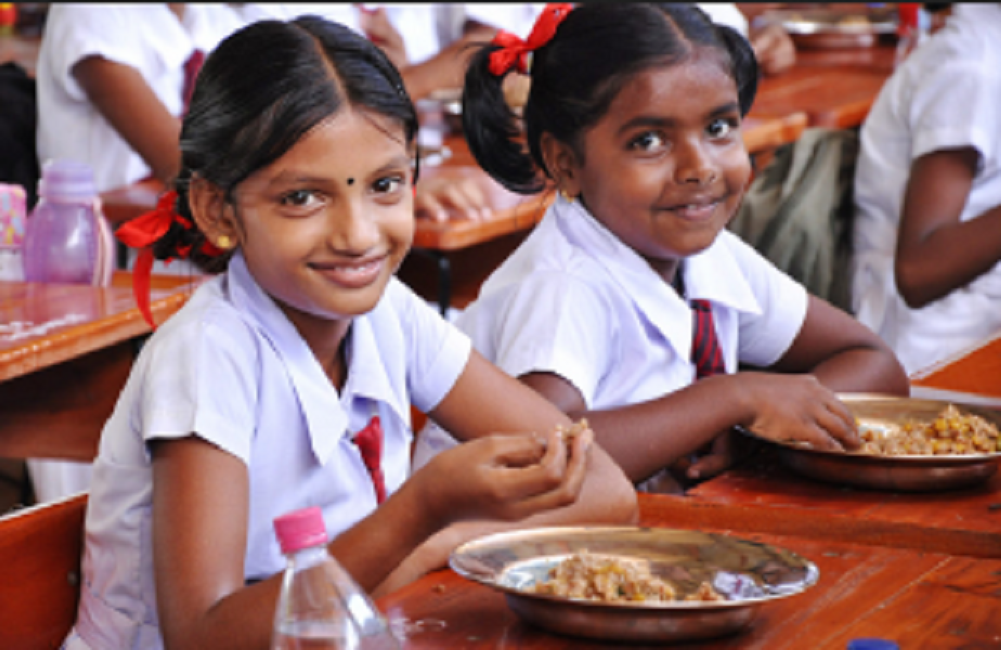
Canada provides LKR 151 million to support national school meal programme
The United Nations World Food Programme (WFP) and the Government of Sri Lanka have welcomed a funding of CAD 1 million (LKR 151 million) from Global Affairs Canada to help smallholder farmers cultivate nutritious crops for the National School Meal Programme.
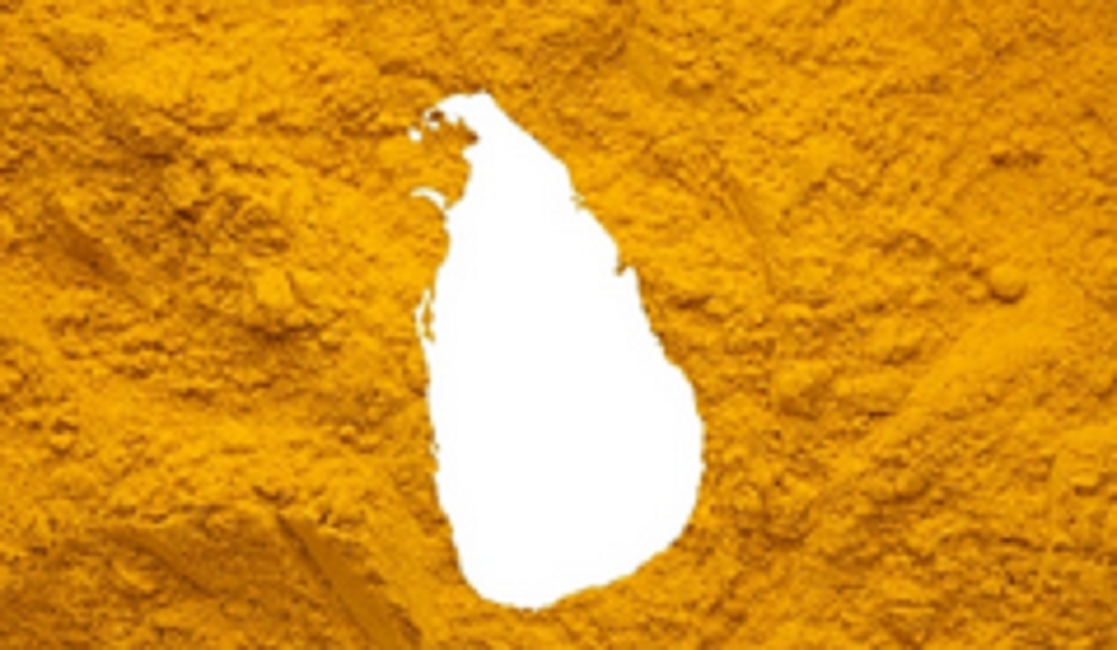
Sri Lanka import ban takes the spice out of life
An import ban in cash-strapped Sri Lanka is leaving a bad taste in the mouths of its curry lovers, depriving them of vital turmeric supplies and encouraging budding smugglers to take their chances with the spice.
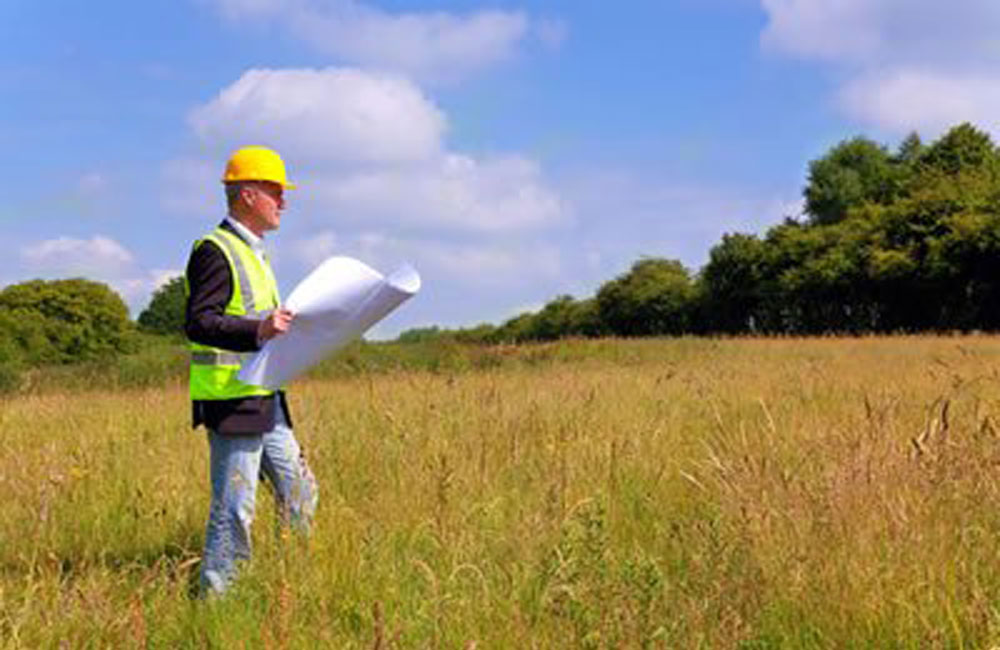
Government to allocate lands for 22 investors worth LKR 24 billion
Cabinet has approved a proposal submitted by the Industries Ministry to allocate land plots from eight industrial zones on a 35-year lease basis to 22 investors under the Regional Investment Zones (RIZ) Development Programme implemented by the Ministry.
The Cabinet nod comes following recommendations by the project evaluation committee of the Ministries Regional Industrial Services Committees, the Cabinet Office said in a press release.
According to Cabinet Spokesperson Keheliya Rambukwella, the aim is to generate some 3,300 jobs which the new industries will bring.
“Investors are to invest LKR 24,047.85 million in these projects while it has been estimated that 3,326 direct employment opportunities will also be generated," Rambukwella adde
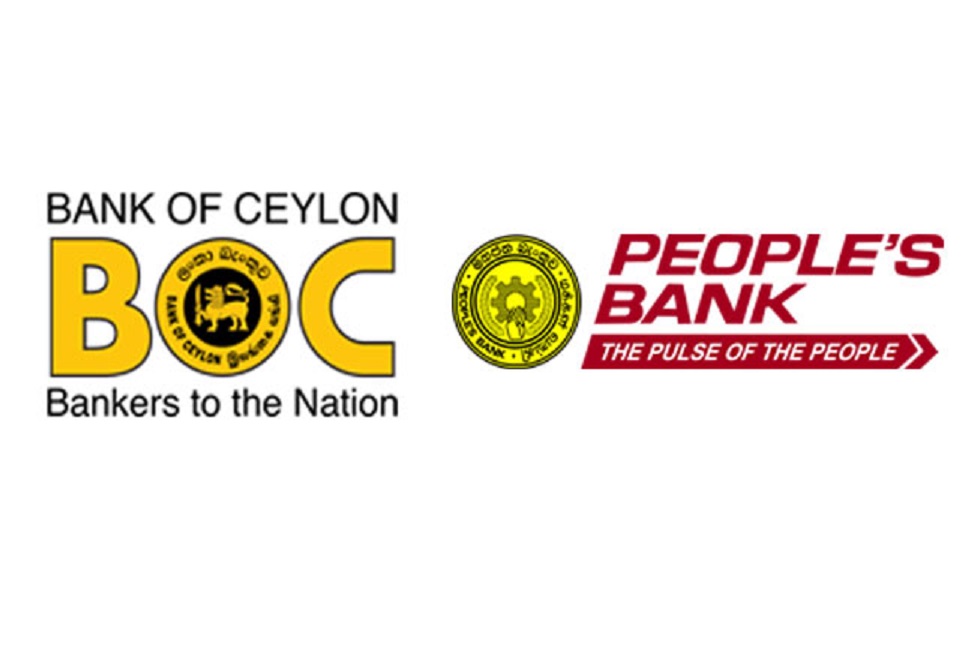
Two leading state banks under pressure to sacrifice foreign reserves
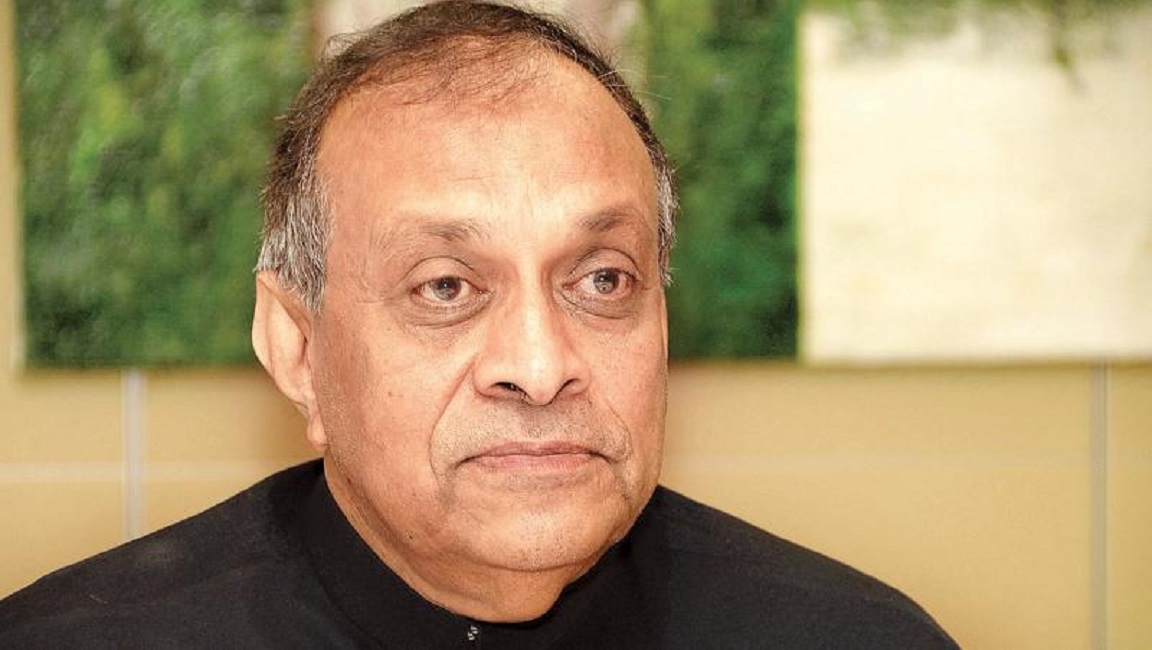
Karu welcomes PM's decision to allow the burial of Covid victims
The National Movement for Social Justice has commended the decision taken by Prime Minister Mahinda Rajapaksa to allow the burial of Covid-19 victims.
Page 390 of 681